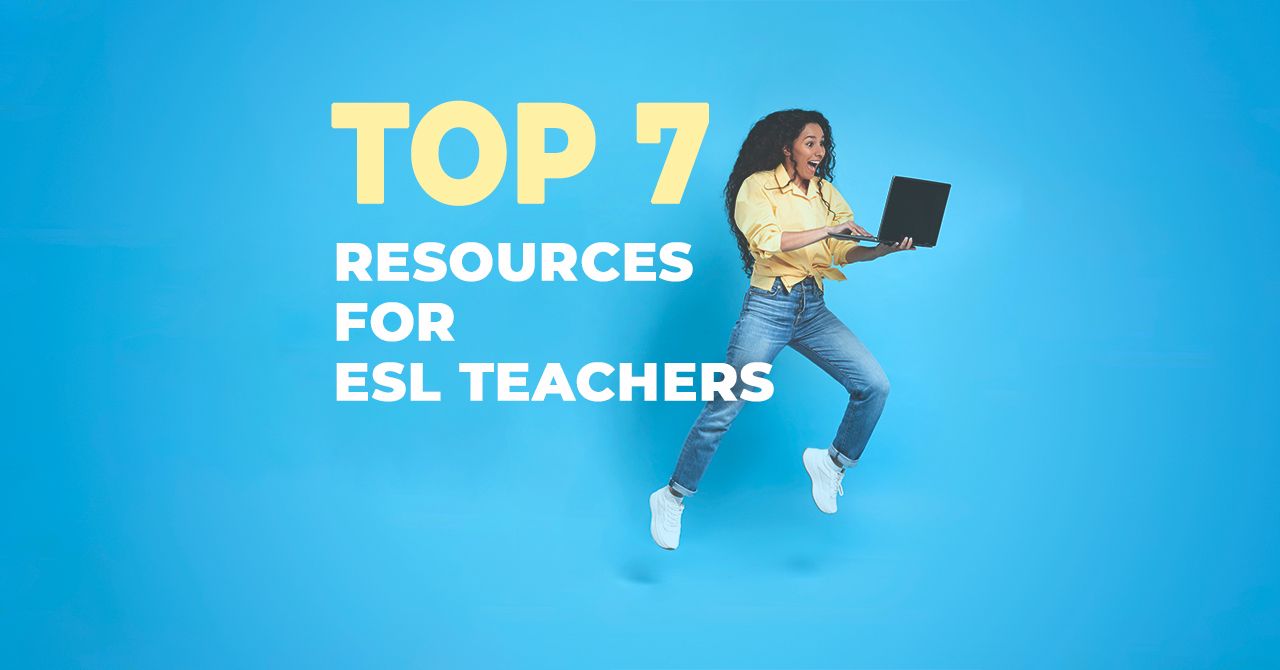
Task-Based Learning Technique & How to Use It
Task-based learning technique is interactive and also supports a student independently speaking and being able to express an opinion in a foreign language.
Task-based learning follows the concept of central task completion. There are three to four steps or stages of task-based learning:
- The pre-task activity;
- The main task;
- The wrap-up and the final review.
This concept is very nice because the students are actively involved, and sometimes we have to focus on these types of lessons.
How to implement the technique into your lessons
There are plenty of themes to choose from and, therefore, also improve your self-confidence when speaking in a foreign language.
I will present to you one example from day-to-day life. I have to book an appointment with a general practitioner because I suffer from pain and severe headaches. So the central task is to make a phone call to the surgery. For a pre-task activity, we can prepare the complete vocabulary to explain the problem and also focus on clearly explaining to the students what they should do. For example, we can have a brain-storm session where the students try to speak about their own ideas, which vocabulary and ideas they already know.
As a main task, I will make a phone call to the surgery, and then I will support the students to do the same. After, we will finish the exercise with a wrap-up task: what do you remember from this lesson? In the end, we will finally review the exercise as a whole.
Advantages of the task-based learning technique
As you can see, task-based learning has a lot of advantages because it involves the full cooperation and concentration of the teacher and the students. It could also help students not to be afraid to speak a foreign language and to make mistakes. Making mistakes is natural, and students could benefit massively from task-based learning.
Please be aware there are plenty of other teaching methods, but I wanted to present this particular technique because I find it very useful and also practical. It can definitely help students to face the real situation in a foreign country.
I am Michala, a TESOL and TEOL certified teacher, I am a native Czech speaker and I used to live in the United Kingdom for a very long time.I have already some experience in teaching students.

